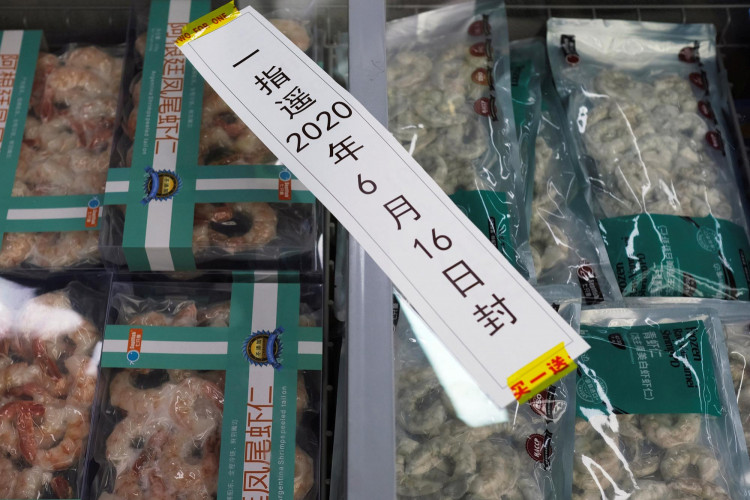Chinese customs officials have reported that imported shrimp samples have been found to contain coronavirus, sparking worries anew about whether the pathogen can be transmitted through food or frozen goods.
The disease tested positively on both internal and external parts of the product's packaging, the country's customs administration general disclosed. The samples were taken from three processing facilities in Ecuador, and they will now suspend imports from those processors, it said. The results were disputed by a leading Ecuadorian shrimp exporter.
Chinese customs officers said samples from imports from Empacadora Del Pacifico Sociedad Anonima, Industrial Pesquera Santa Priscila, and Empacreci SA had generated six positive results. However, frozen shrimp and its inner packaging tested negative.
The findings are the first positive results made public by China since it started testing imported frozen food products for the presence of the pathogen.
The emergence of a new coronavirus cluster in Beijing last month has set in motion heightened scrutiny of imported goods, after traces of the disease were discovered on a chopping board used to prepare imported salmon at the busy Xinfadi public market.
Beijing has restricted imports from several overseas food companies that have reported coronavirus outbreaks, including major American poultry producer Tyson Foods and German meat processor Toennies.
Chinese agriculture and health authorities have also rolled out a nationwide drive to test imported frozen food items from so-called "high-risk nations".
The imported shrips were tested using nucleic acid tests conducted by experts, Bi Kexin, chief of the Import and Export Food Safety Bureau of China's General Administration of Customs, disclosed.
Chinese customs tested a total of 227,935 samples taken from the goods: 43,965 product samples, 47,569 internal and external packaging samples, and 36,403 environmental samples.
According to Bi, the results show the container and packaging of these processors are under the risk of becoming contaminated by the virus.
"Experts said that while this doesn't mean they can spread the disease, it shows the management of food safety is not ideal," Holly Chik of South China Morning Post quoted Bi as saying.
The U.S. Food and Drug Administration released a new statement on the issue, pointing out that there is no proof that COVID-19 is transmitted through food or food packaging.
Gorjan Nikolik, associate director of seafood at Rabobank, stressed that evidence suggests that it is extremely unlikely for the pathogen to be transmitted through food.
In 2019, Ecuador exported $3.2 billion of shrimp, including around $1.4 billion to mainland China in deliveries that take around three weeks to arrive.





